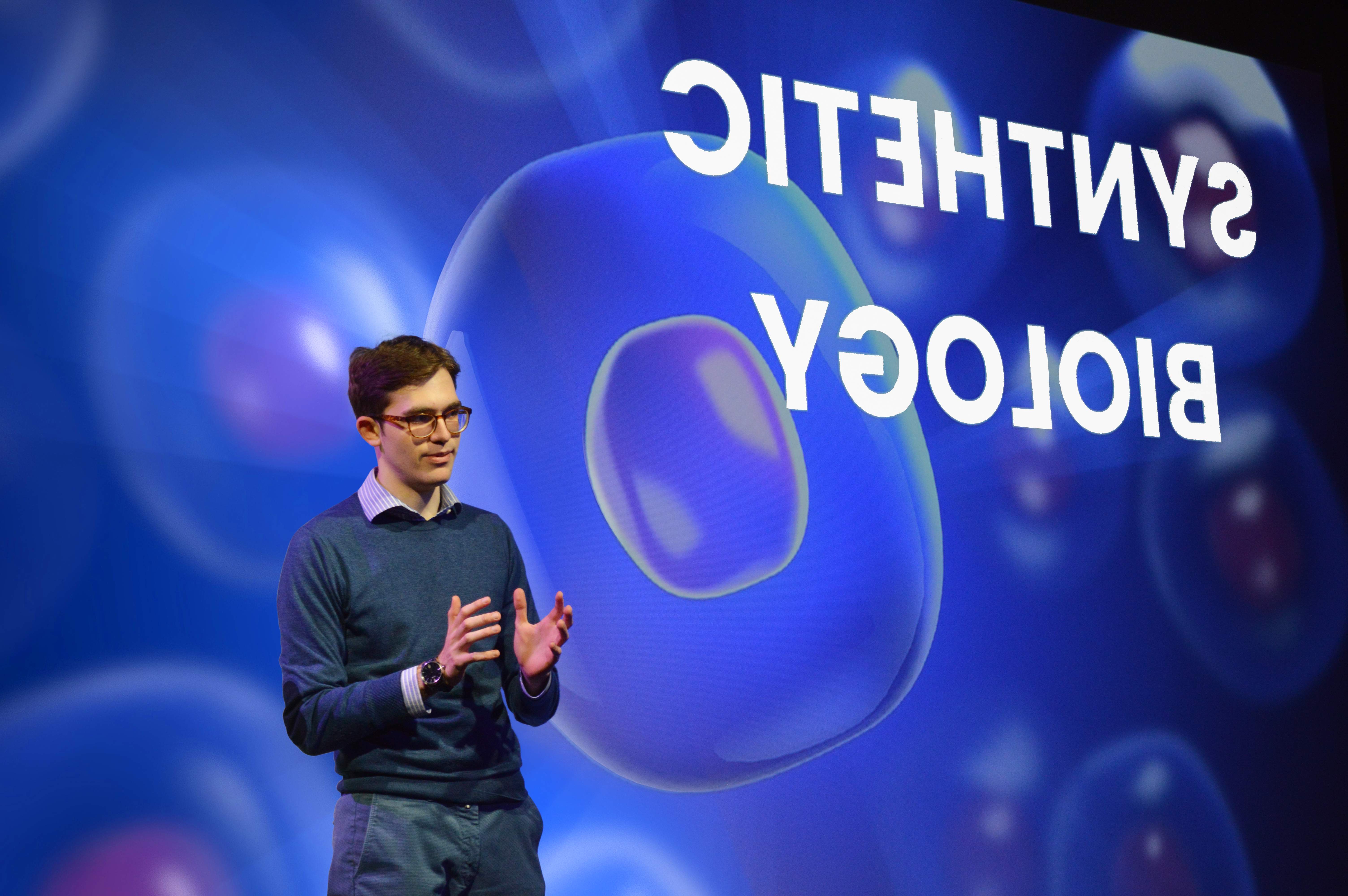
I'm Guido: an engineer, computational biologist, and entrepreneur.

I'm Guido: an engineer, computational biologist, and entrepreneur.
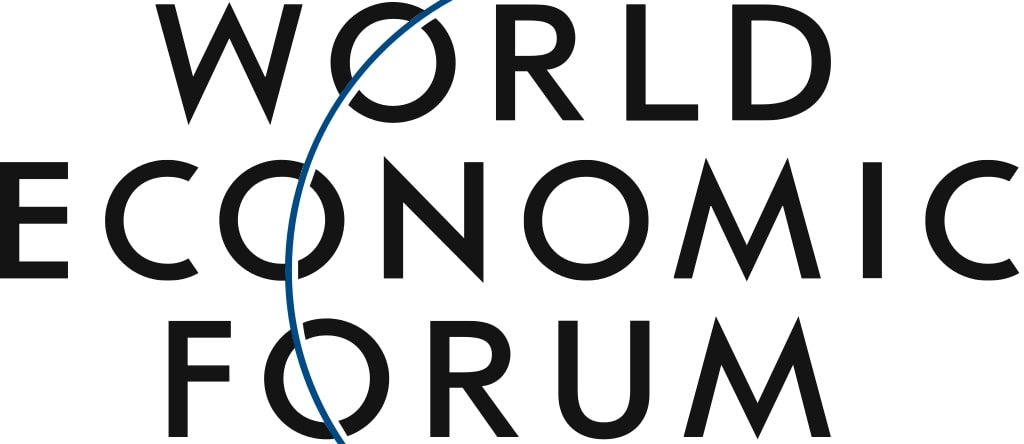
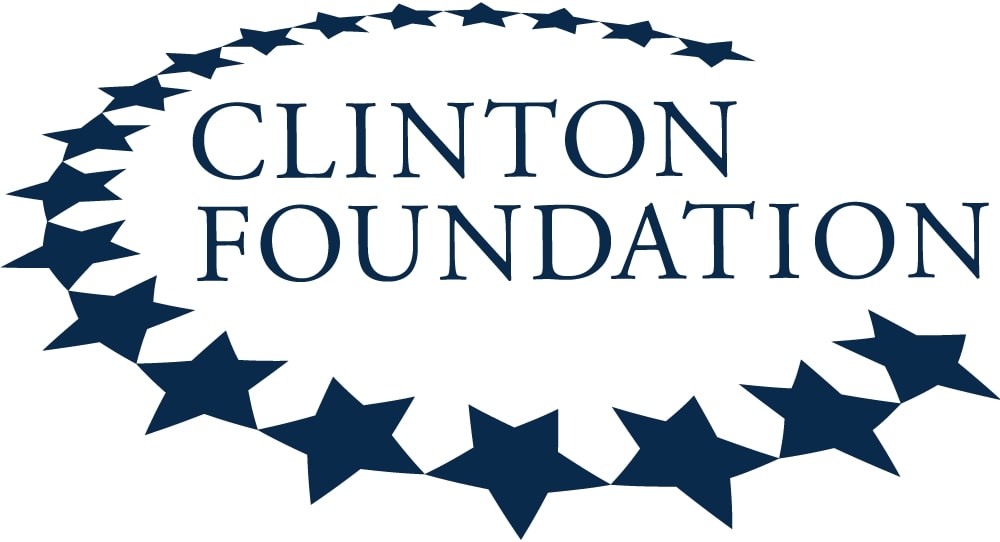



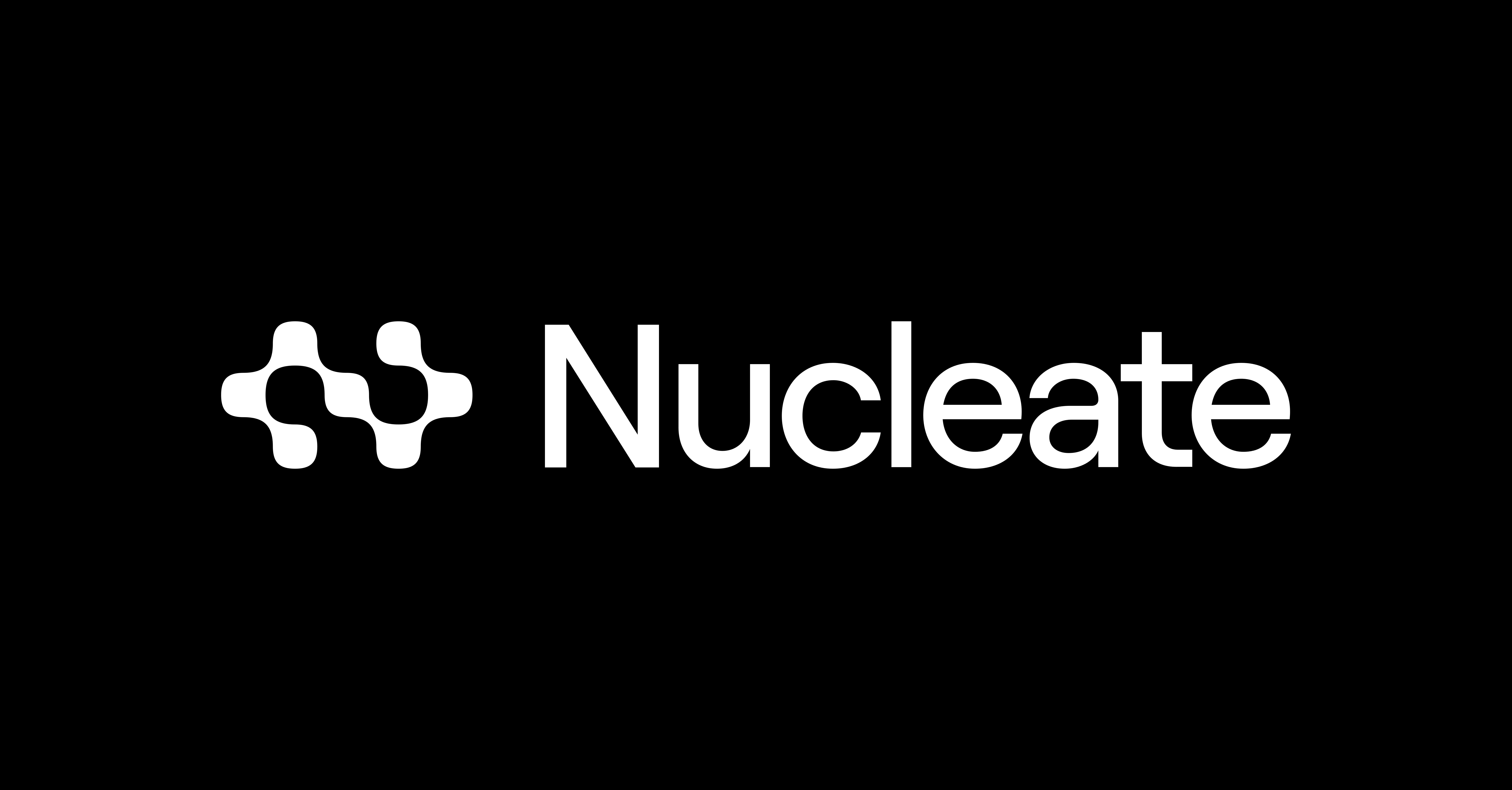
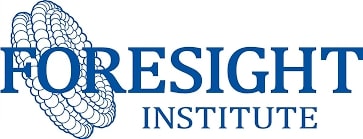







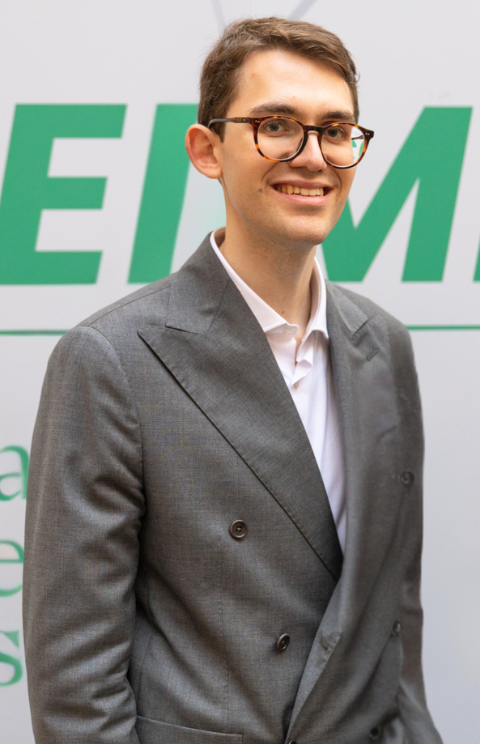
I'm Guido Putignano, a scientist and entrepreneur at the intersection of cell therapy, control theory and artificial intelligence. My mission is to revolutionize healthcare by developing novel therapeutic approaches that combine synthetic biology with advanced engineering principles.
I focus on addressing major challenges in chronic diseases including cancer, diabetes, and neurodegenerative conditions. Through my work in optimal control systems and cell biology, I aim to create scalable solutions that can impact millions of lives.
What drives me is the belief that breakthrough innovations come from bridging disciplines – from biomedical engineering to AI-powered predictions. I'm committed to both scientific excellence and building the communities and platforms that accelerate progress in biotech.

Let's reimagine aging as a treatable disease. My computational approaches decode biological processes at the molecular level, identifying intervention points to address the mother of all diseases. This paves the way for targeted age-related therapeutics.
I enhance research through intelligent automation. My systems design optimized experiments that minimize costs while maximizing insights. By applying AI to laboratory workflows, we can accelerate discovery timelines and improve reproducibility in biological research.
My mission is developing next-generation cell therapies. By applying control theory to biological systems, I create technologies for precisely engineered treatments, aiming for cures rather than chronic management.
I work in the field of synthetic biology, with the focus on engineering mammalian cells to create new therapeutics for chronic diseases.
My technical expertise spans computational modeling, control systems, and machine learning—all applied to biological problems.
 Python
Python
 C
C
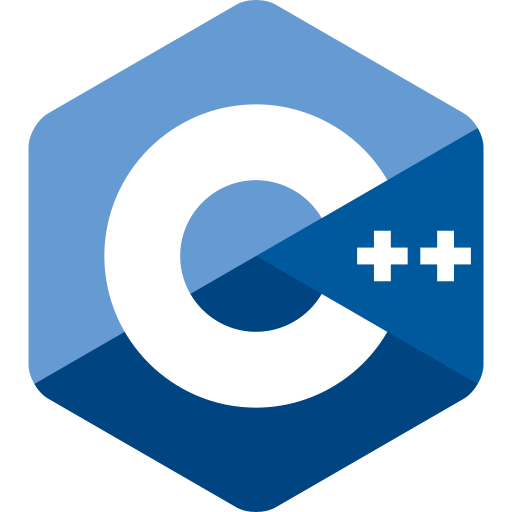 C++
C++
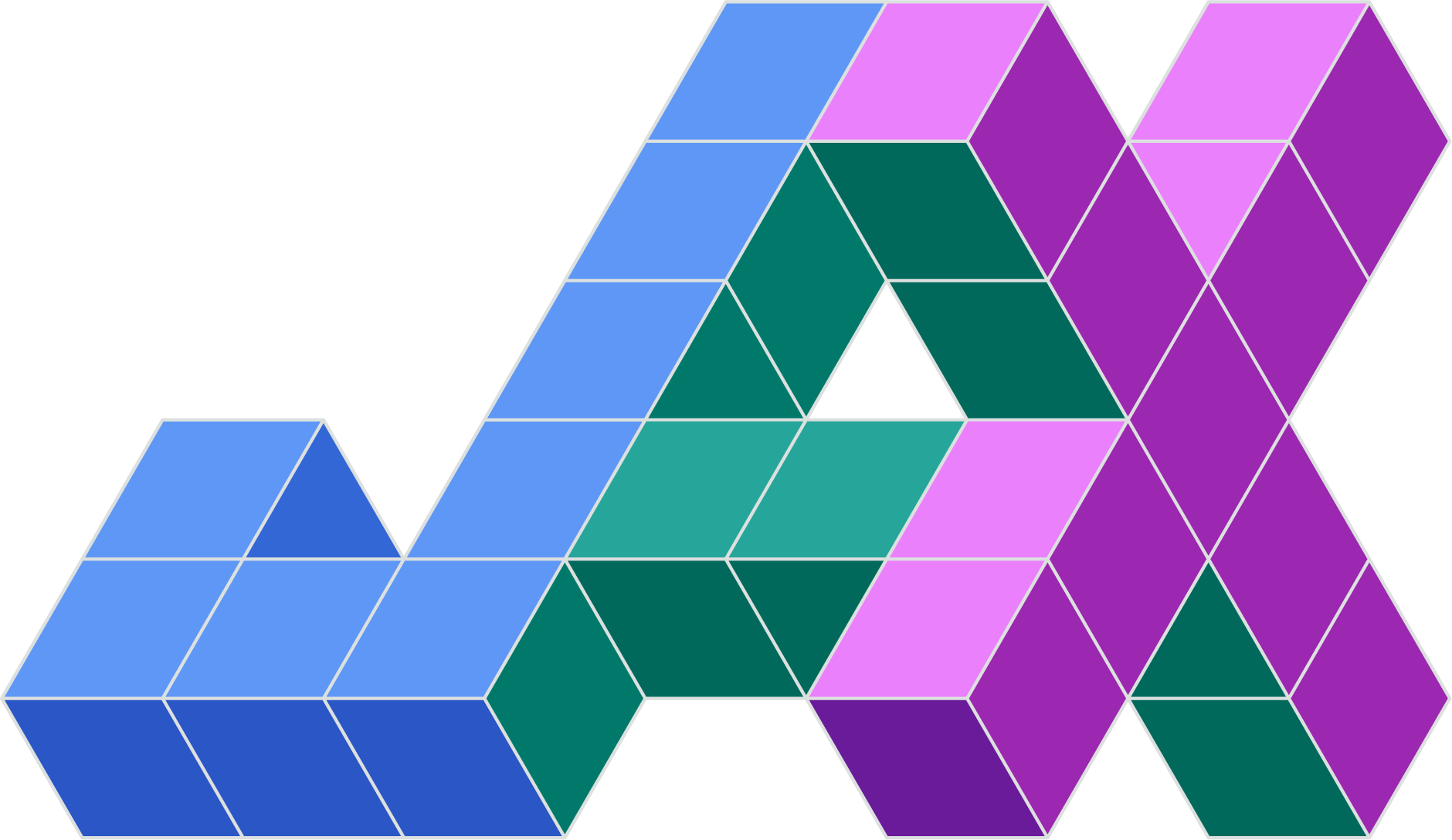 JAX
JAX
 PyTorch
PyTorch
 MATLAB
MATLAB
 Command Line
Command Line
 VS Code
VS Code
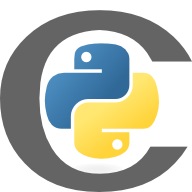 Cython
Cython
 Git
Git
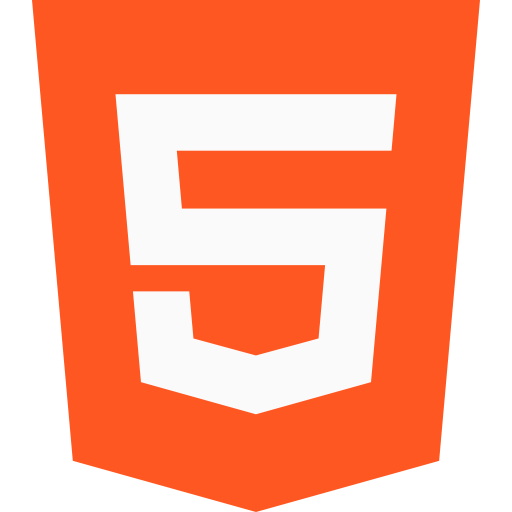 HTML5
HTML5
Diving deep into specific problems to uncover solutions others miss. Complex challenges require concentrated attention and independent thinking.
Creating systems that generate value autonomously. True impact comes from solutions that outlast their creator.
Pursuing excellence while remembering people come first. Impact matters, but so does how we treat each other along the way.
Serving humanity by solving real problems. Motivated by creating positive change that improves lives.
Adapting to setbacks rather than being defeated. This powers the pursuit of ambitious goals despite obstacles.
Focusing on bioengineering solutions with global reach. Purpose minimalism at its core.
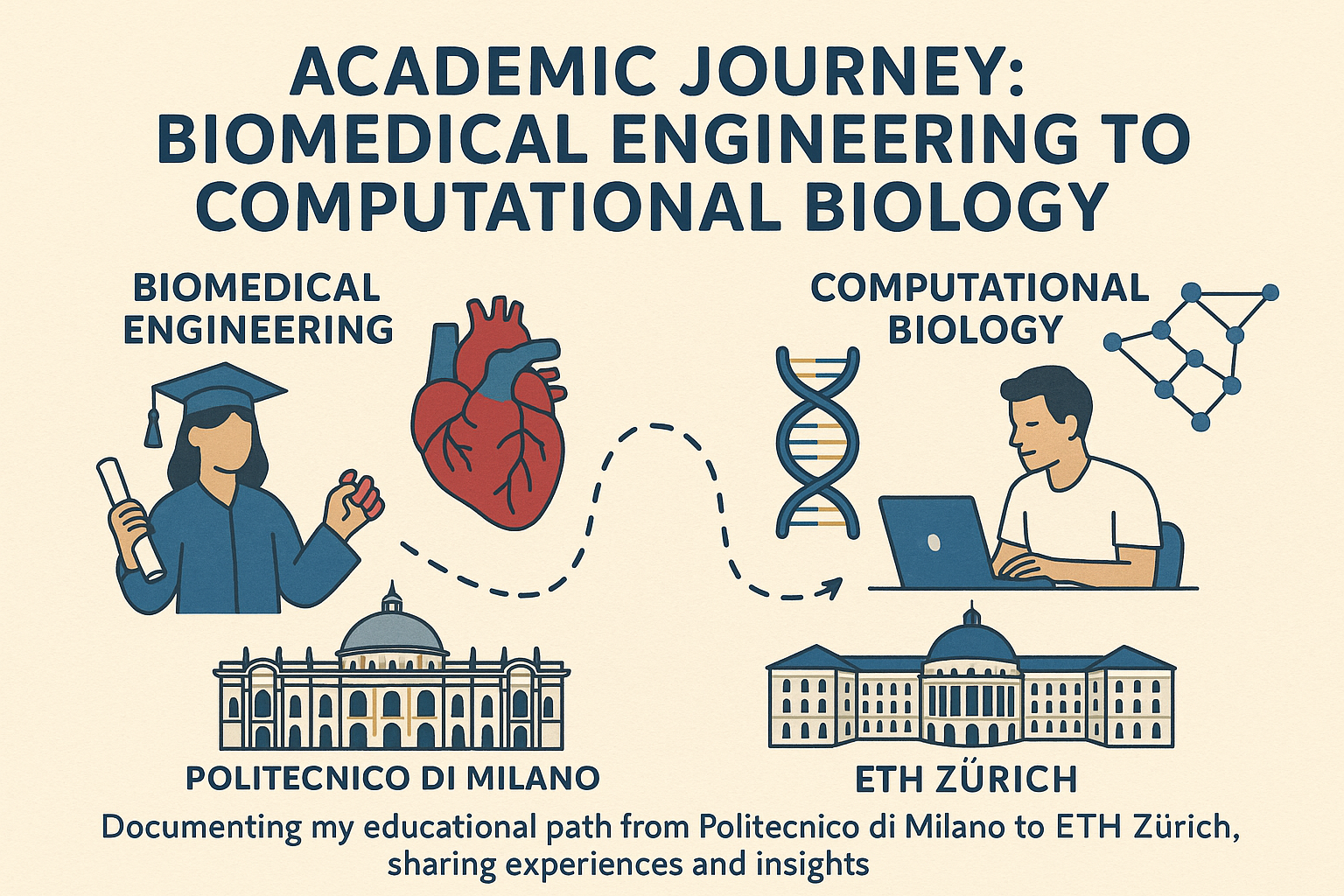
Description of the courses I have taken and my comments on them
Read More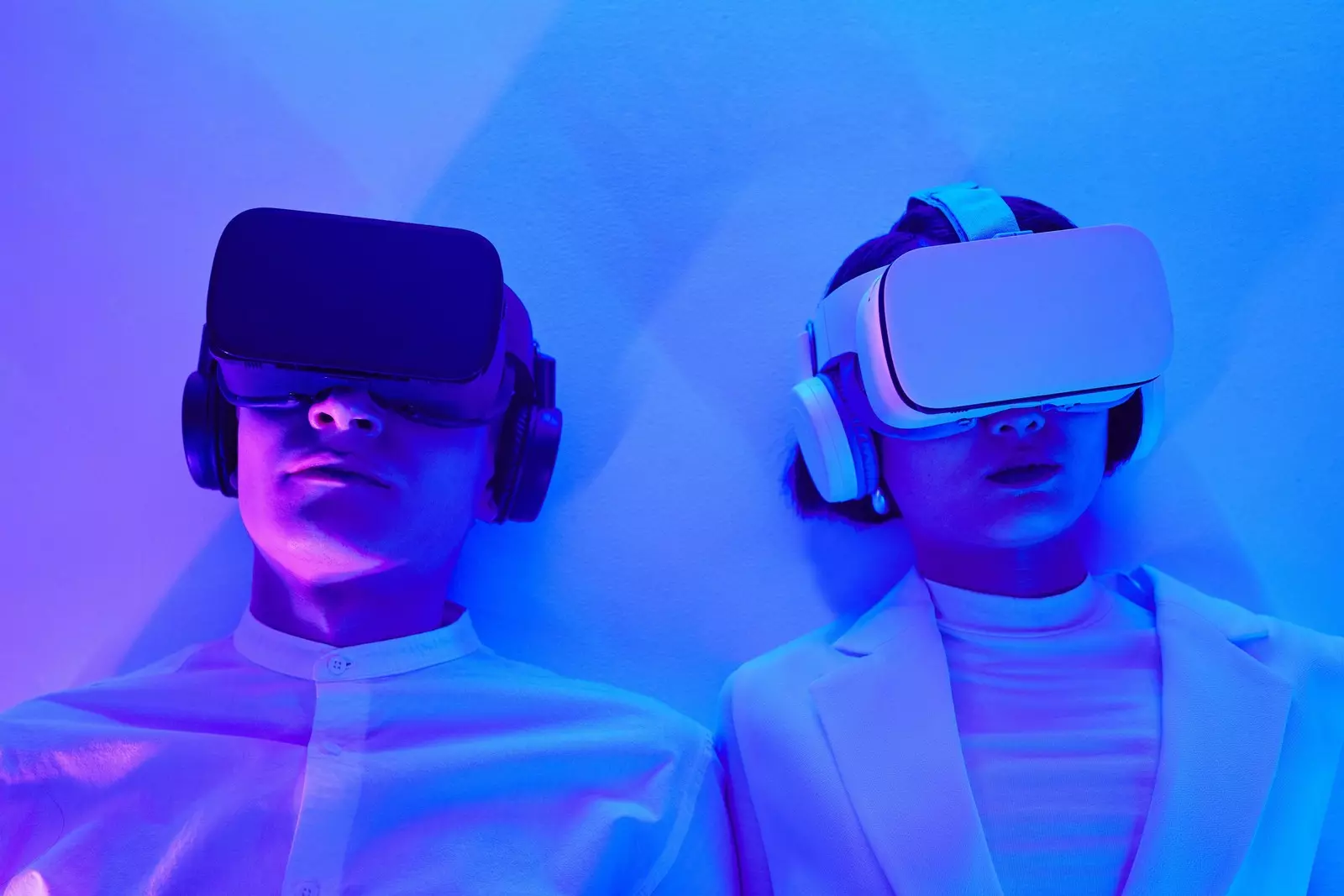
Children and young people are growing up in an increasingly digital age, where technology pervades every aspect of their lives. From robotic toys and social media to the classroom and home, artificial intelligence (AI) is a ubiquitous part of daily life.
Read More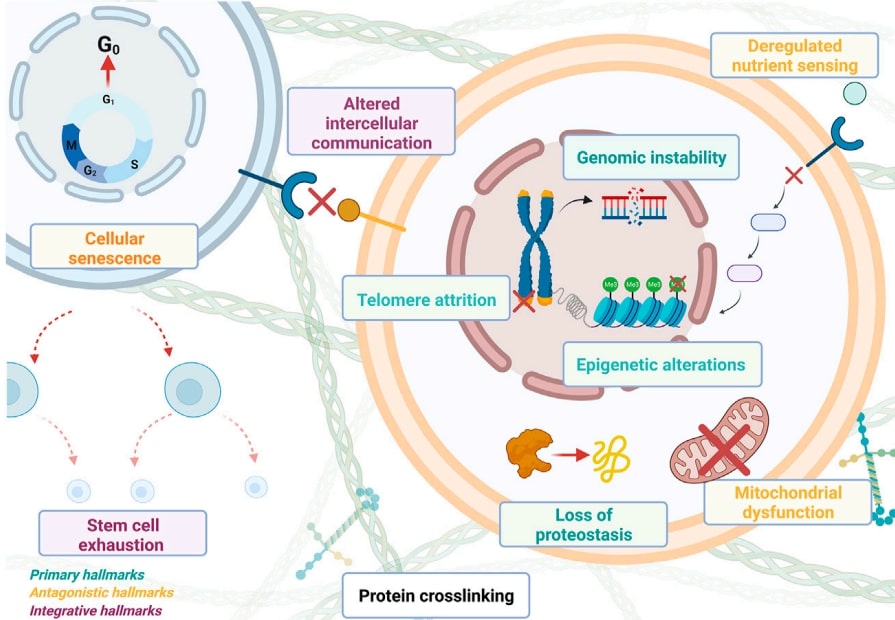
An overview of how modern Artificial Intelligence is revolutionizing longevity research and drug discovery, analyzing high-throughput data from proteomics, genomics, and phenomics.
Read More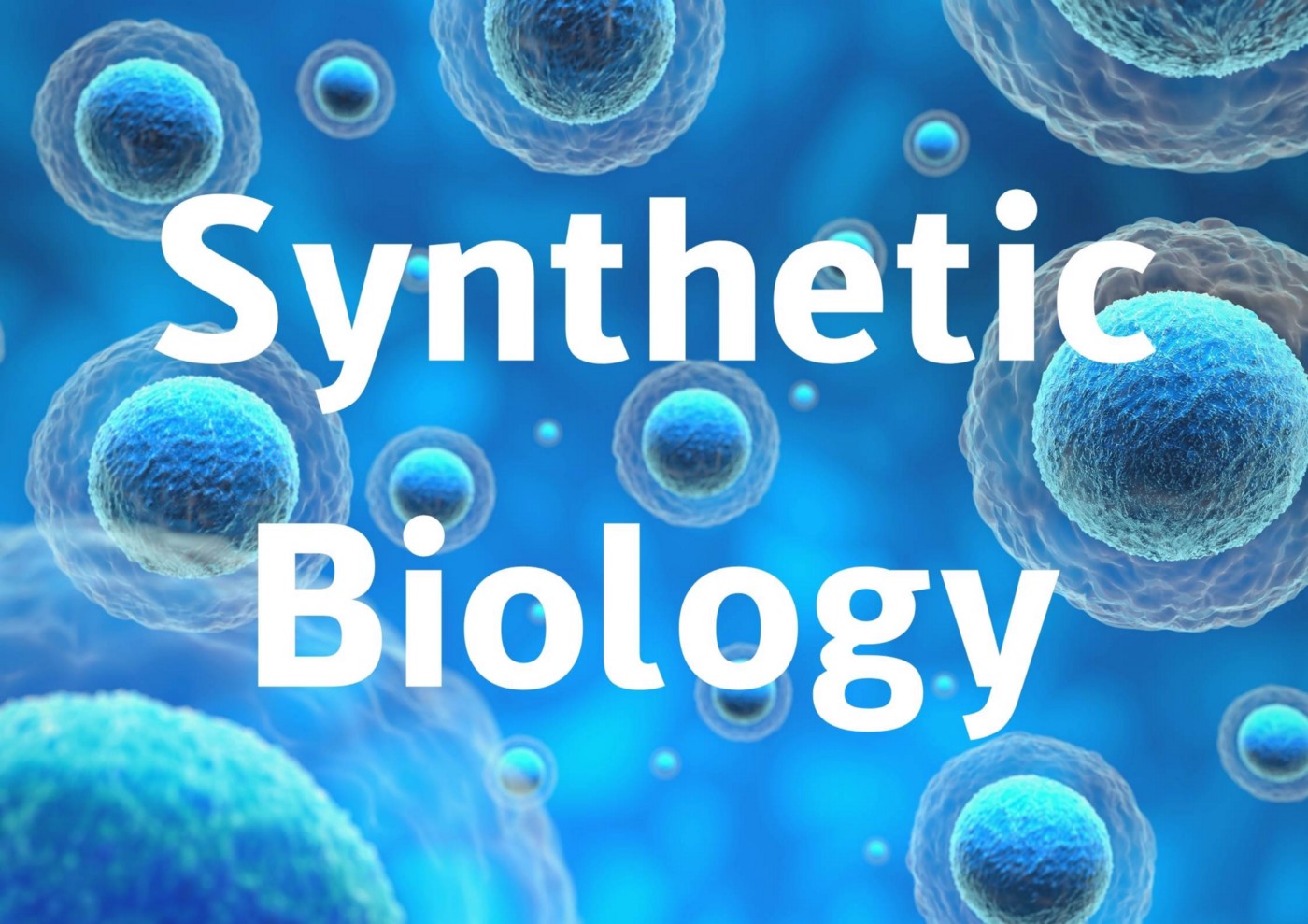
Imagine if you can have a tree that can mine gold or be resistant to any kind of virus forever.
Read More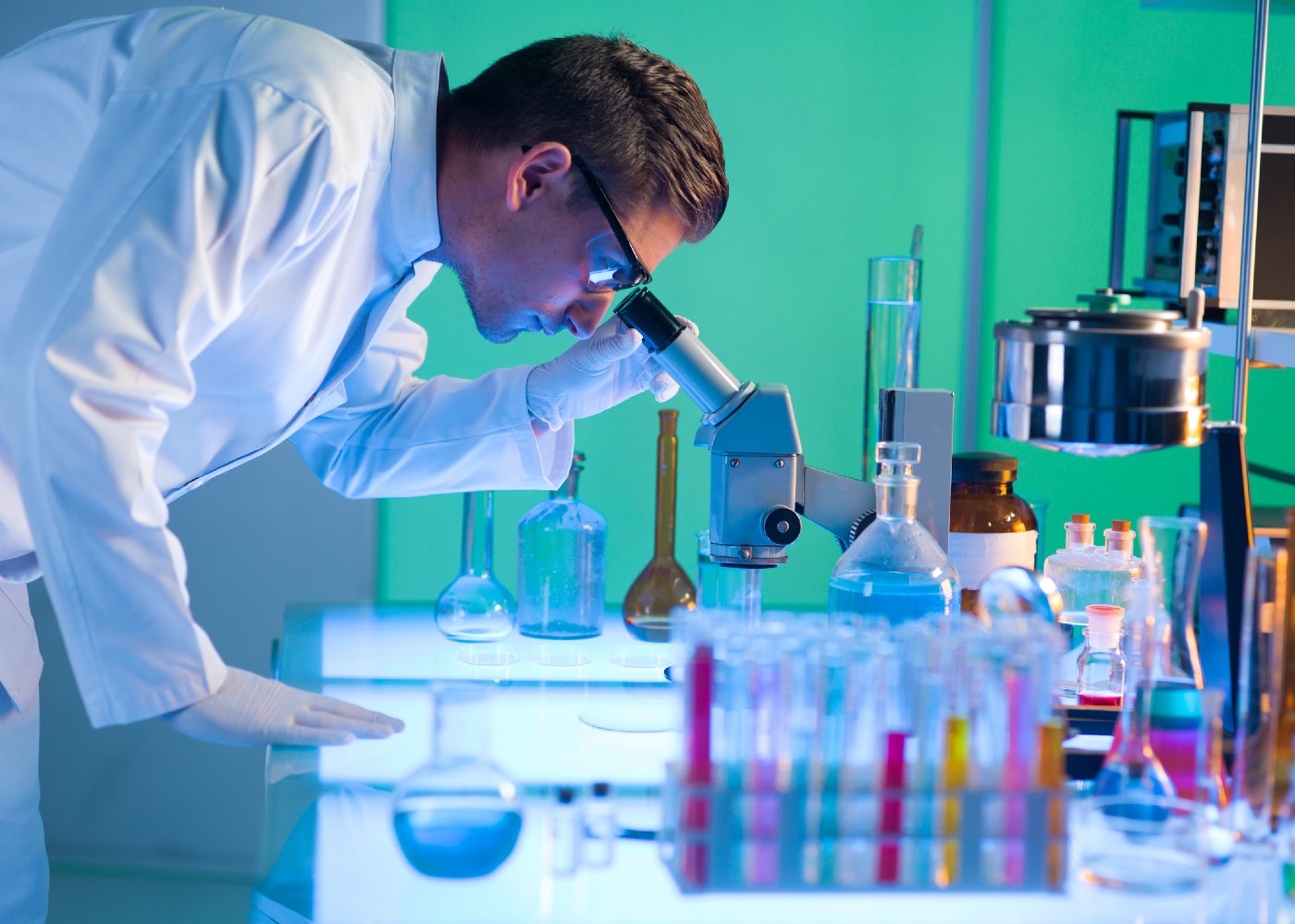
Imagine if you could cure many diseases such as AIDS, Diabetes, Stroke and Alzheimer with just one element, would you be astonished by that?
Read More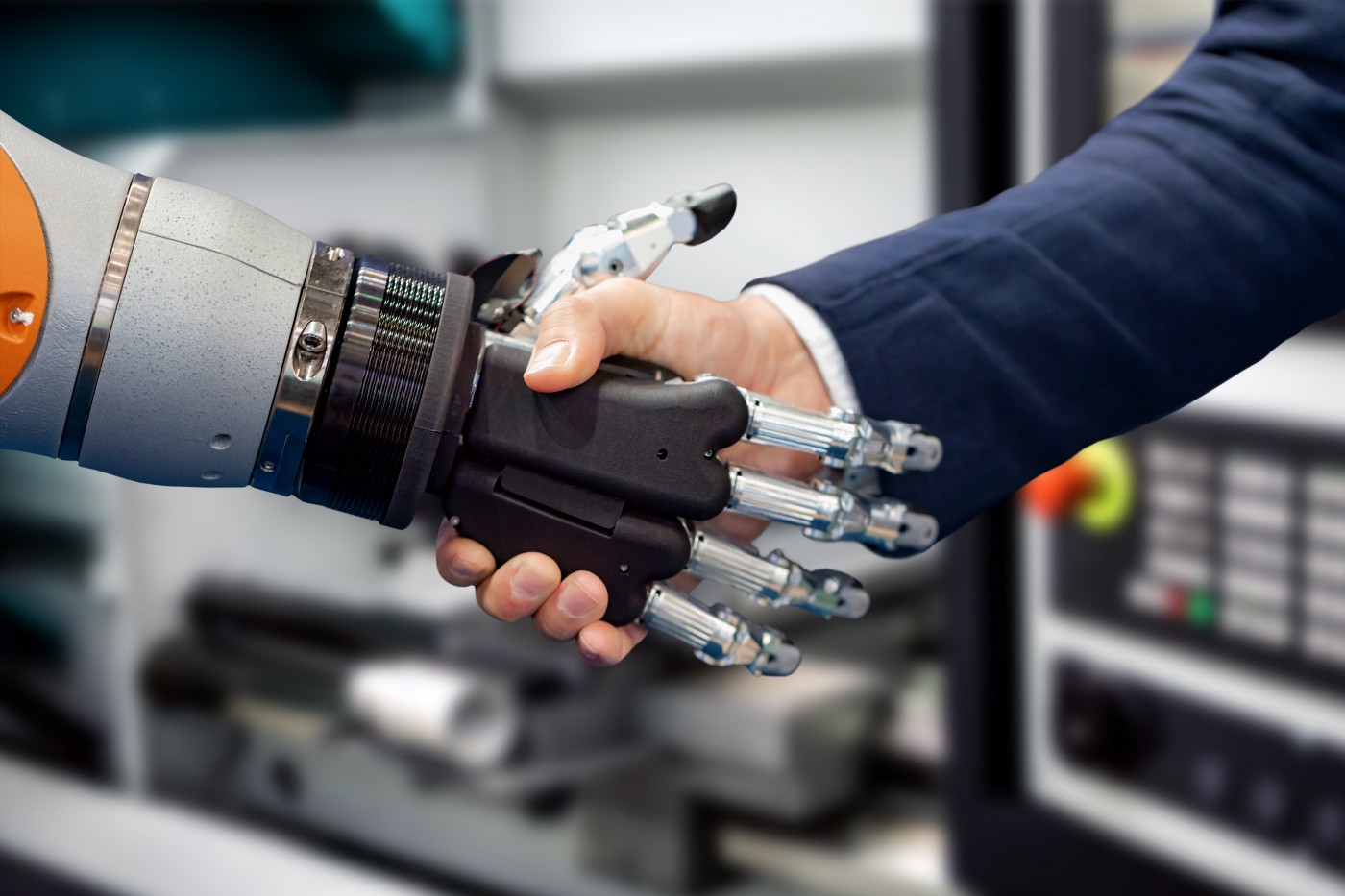
It was one day like others when the 20th October 1890 Walter Yeo was born. He was a young guy like others who used to spend his days with his older sisters Adelaide and Elsie.
Read More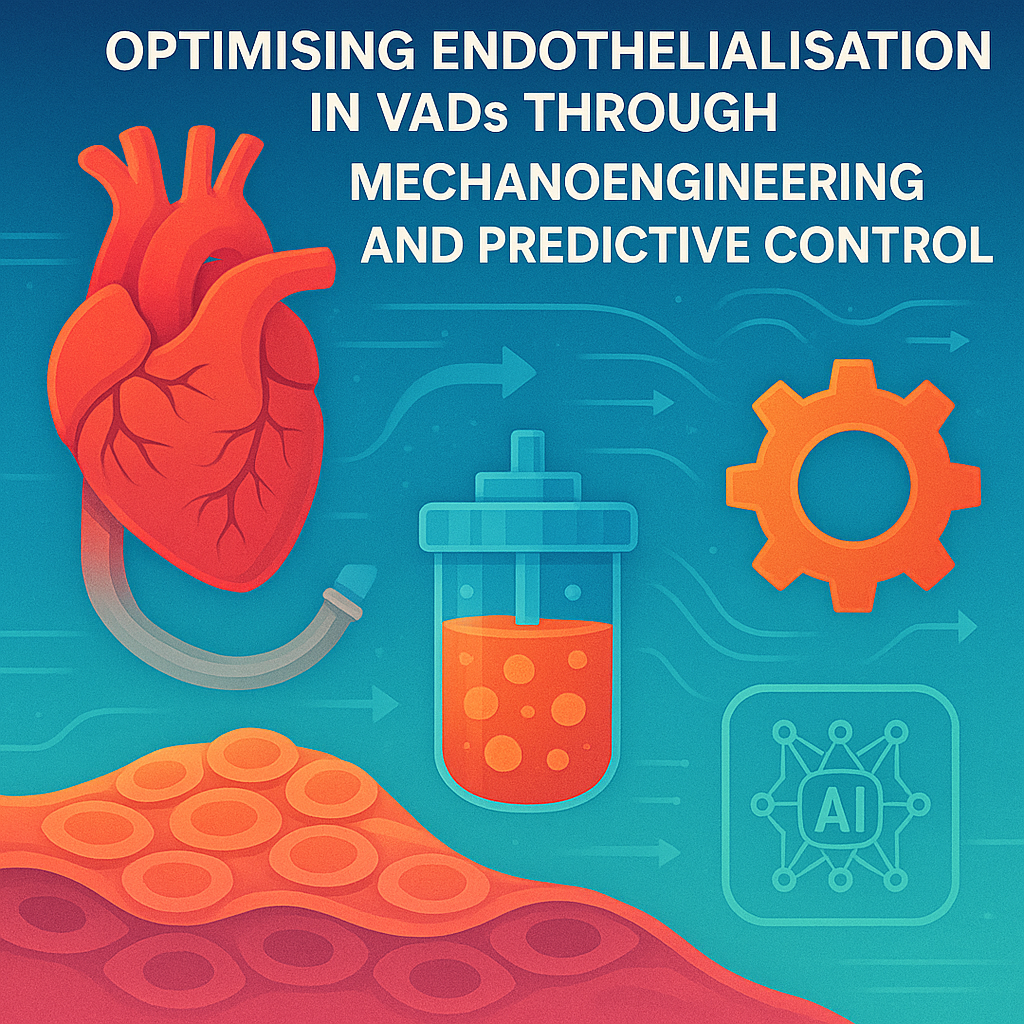
This repository contains the code and documentation for optimizing endothelialisation in Ventricular Assist Devices (VADs) using Model Predictive Control (MPC).
Read More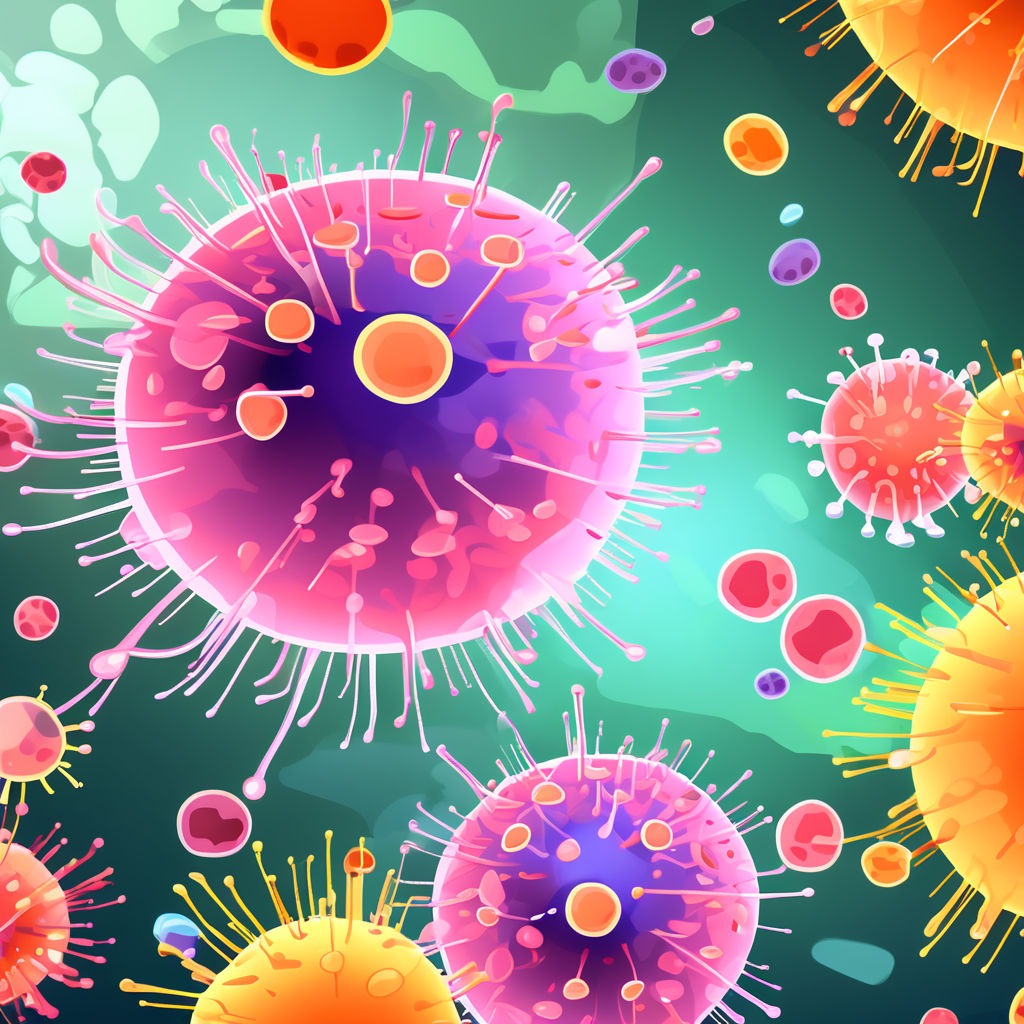
Exercises in Game Theory, selection, diffusion, cooperation and much more to model cancer dynamics.
Read More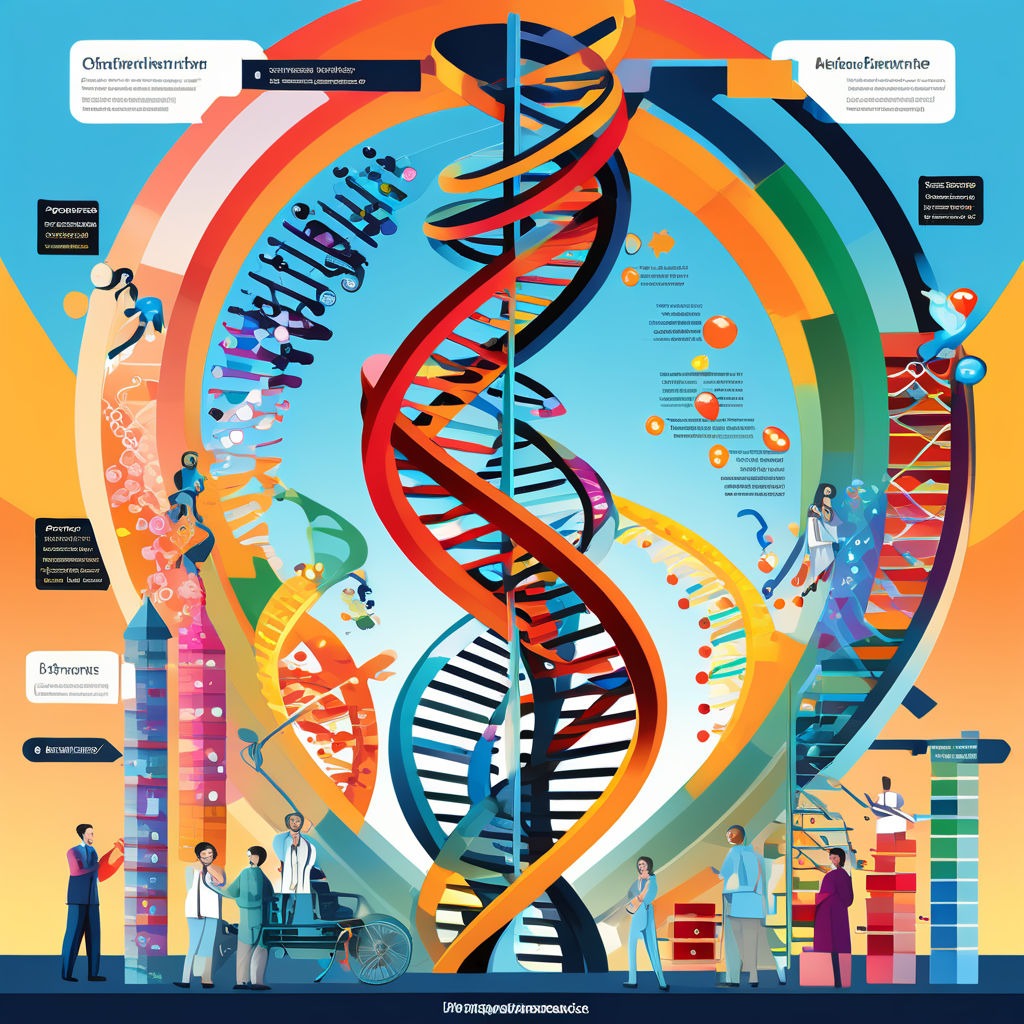
Several projects on ATACseq, RNAseq and statistical analysis.
Read More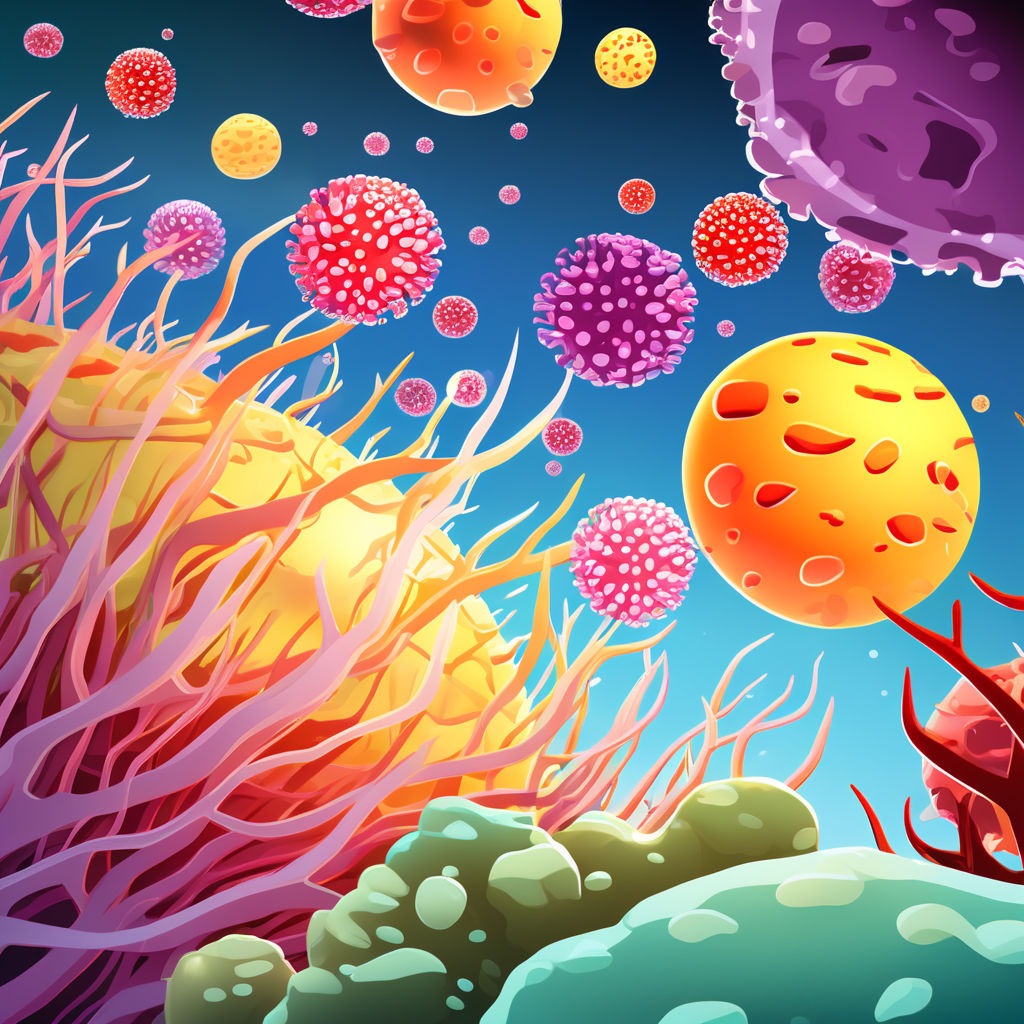
6 Projects to study and simulate biomolecules
Read More
Organoids are three-dimensional tissues grown from stem cells that can self-organize and differentiate to form different cell types and tissue architectures similar to organs. Lamins are structural proteins of the cell nucleus that regulate and support protein complexes involved in gene expression, DNA replication, transcription and repair, nuclear positioning, and aging. The function of lamins in brain organoid development is unclear.
Read More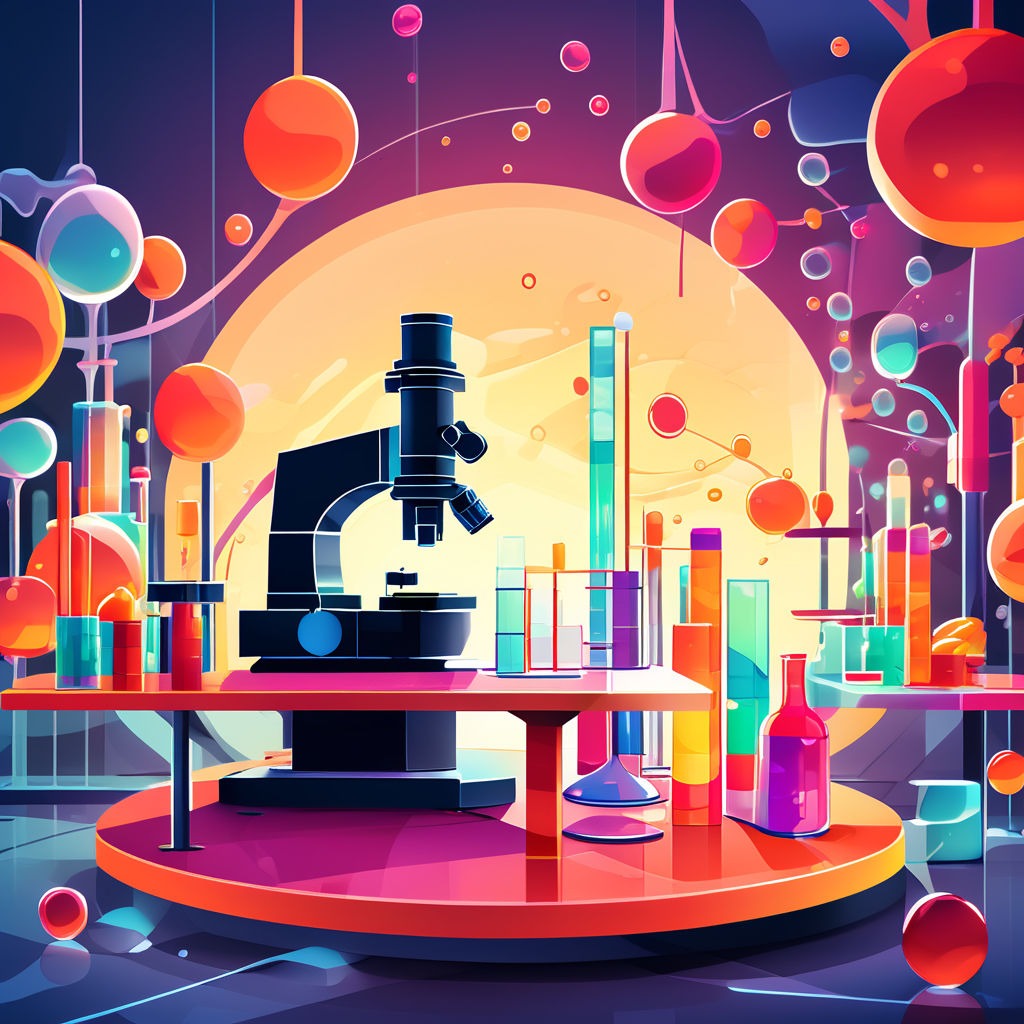
A stem cell is a type of cell that has the unique ability to differentiate into various specialized cell types in the body. Stem cells are undifferentiated and unspecialized, which means they do not have a specific function or structure in the body like other cells.
Read More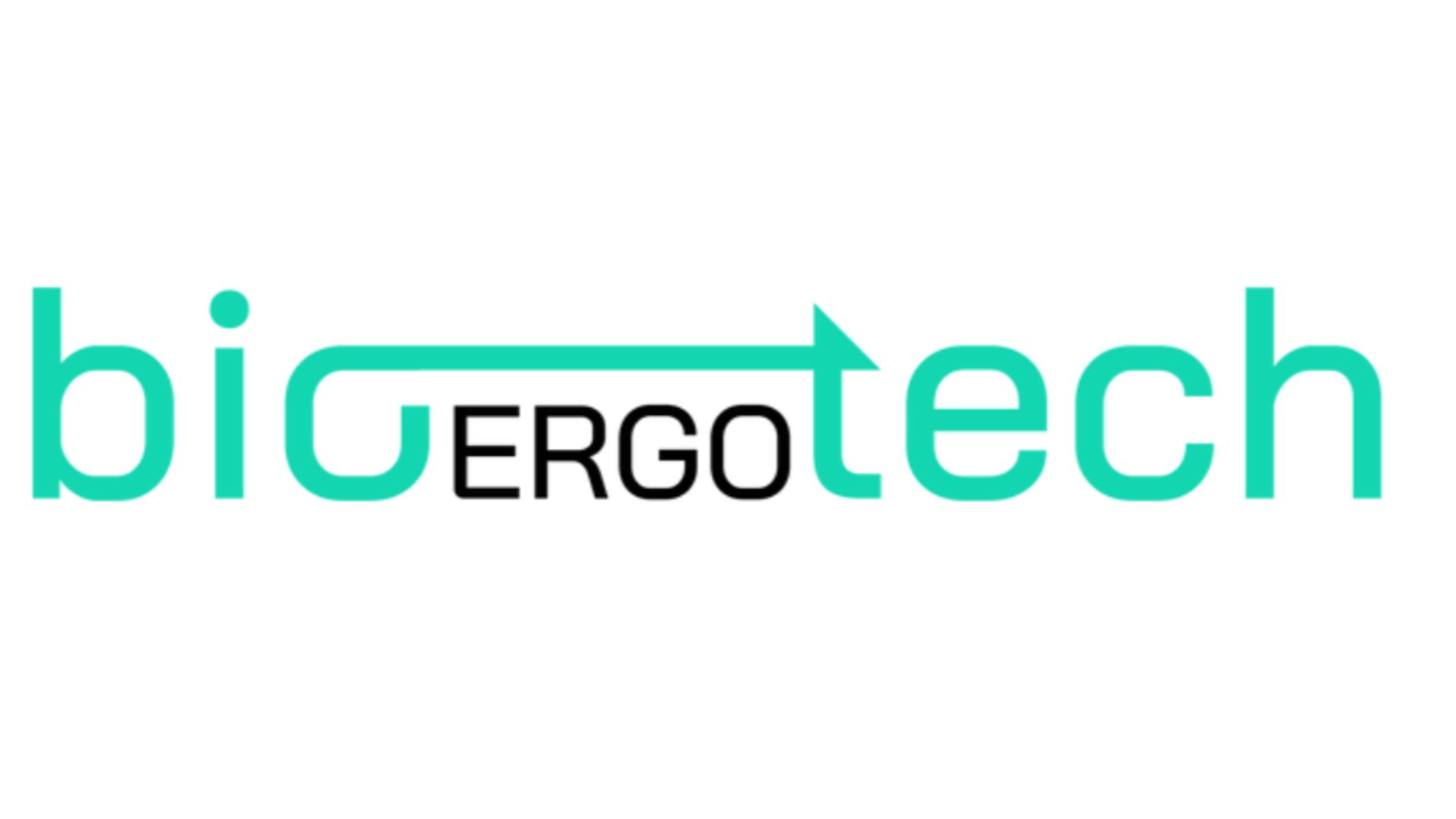
Making research smarter, not just faster, by creating digital scientists that transform how biological breakthroughs are discovered and developed
Read More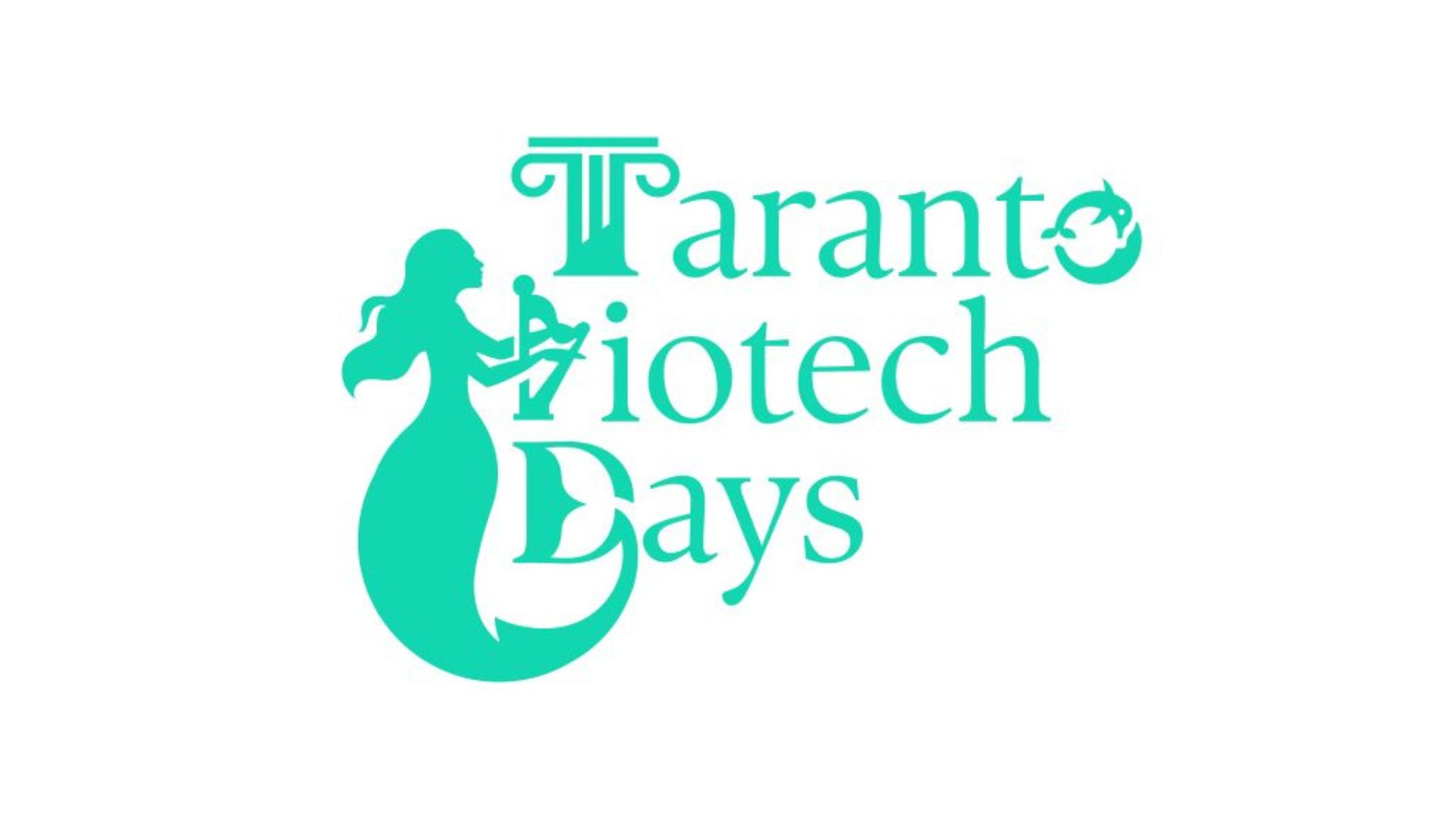
Democratizing biotech innovation by building world-class research ecosystems in underserved regions, starting with Southern Italy
Read MoreLeveraging expertise in AI, biotech, and automation to help researchers and organizations innovate and grow.
Tailored solutions for complex research & innovation challenges
Workshops & training to upskill teams in data, AI & innovation
Guidance for biotech startups and research initiatives